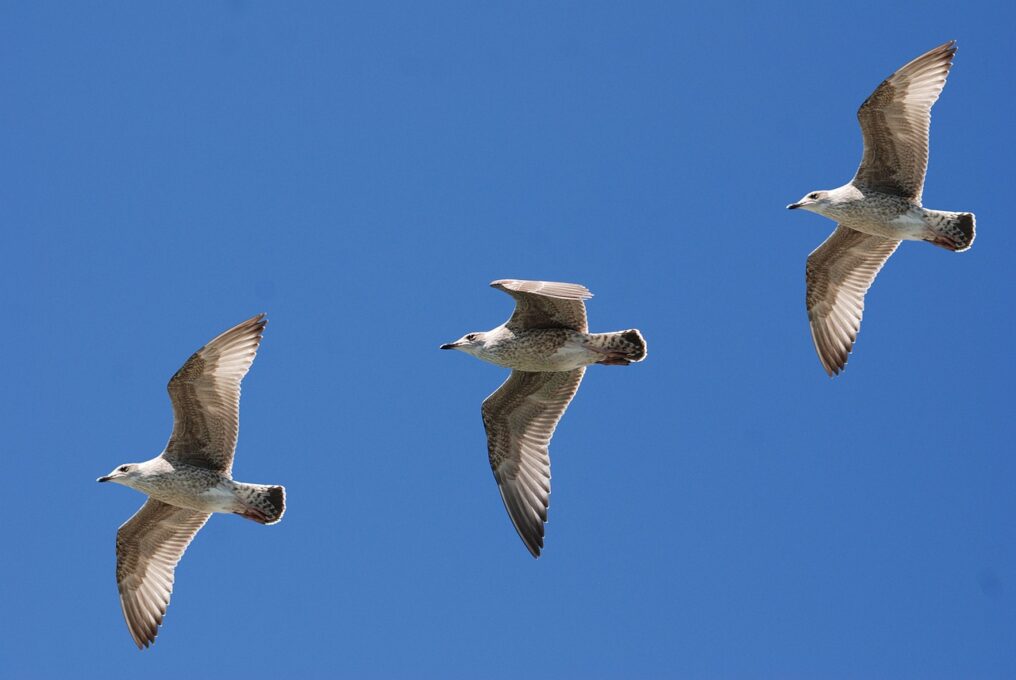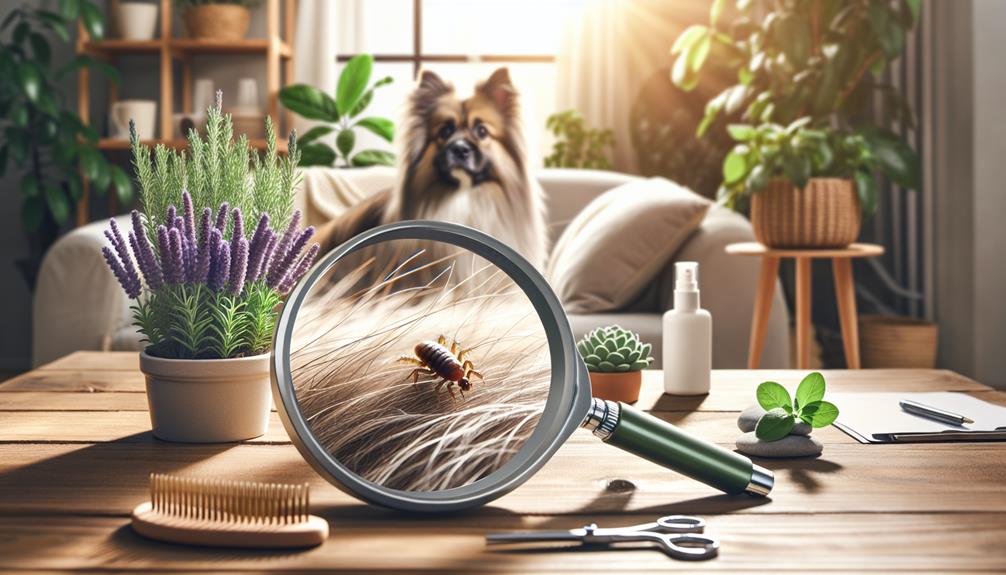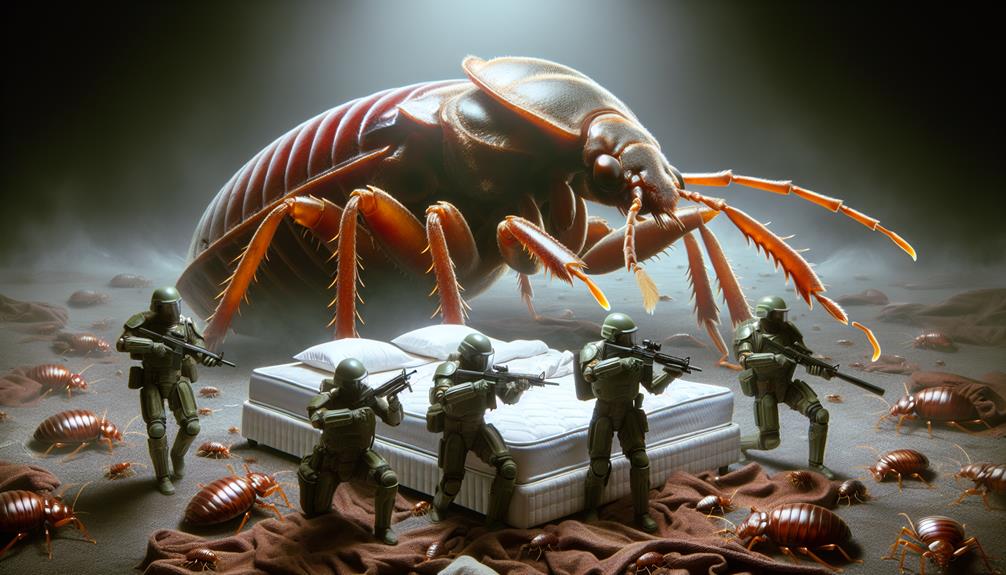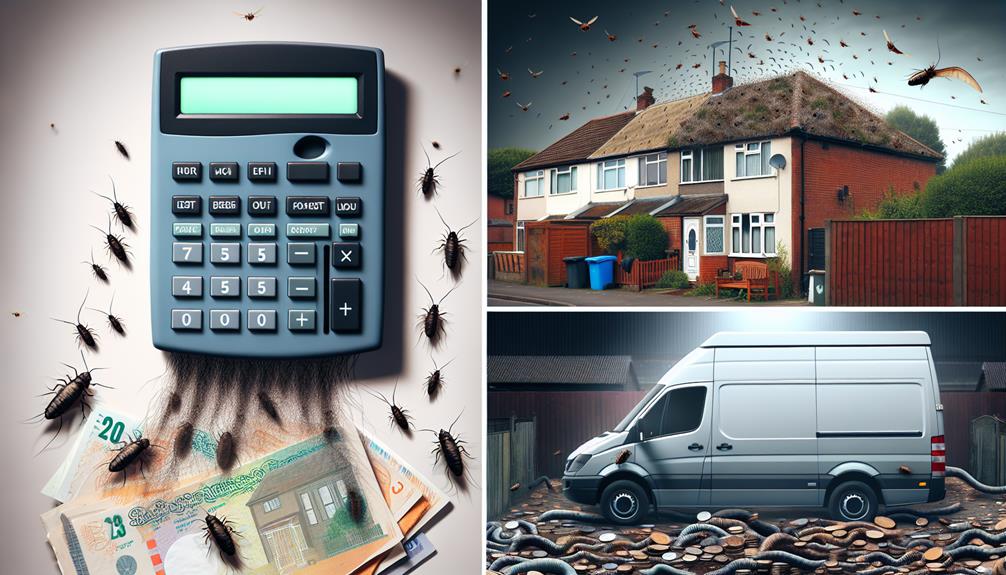Birds especially Seagulls, with their melodious chirps and graceful flights, are a delightful sight. However, when they become pests, especially in urban settings, it’s essential to know how to deal with them legally. This article delves into the intricacies of bird laws in the UK, focusing on pigeons and seagulls, and the responsibilities of property owners.
Bird (Seagulls) Laws and Property Owners: A Delicate Balance
Every property owner must be aware of their legal obligations when addressing bird-related issues. Whether you’re dealing with the problem personally or hiring a pest control company, the onus of ensuring legal compliance rests with you. A common misconception is that the contractor would be held liable in case of any legal discrepancies. However, the truth is quite the opposite. The property owner remains responsible, irrespective of who carries out the control measures.
The Wildlife and Countryside Act 1981: A Closer Look
The Department of Environment, Food and Rural Affairs (DEFRA) oversees the Wildlife and Countryside Act 1981. This act is a cornerstone in bird protection laws in the UK. It clearly states that injuring or killing any wild bird, including pigeons and seagulls, is illegal unless specific licensing regulations are adhered to. The act extends its protection to Seagulls nests and eggs, emphasizing that during nesting, any form of disturbance is strictly prohibited.

General Licences: When Non-lethal Methods Fail
While the primary approach should always be non-lethal, there are provisions for culling under a General Licence. Two such licences are:
- General Licence 41 (GL41): This is for property owners who face public health and safety issues due to birds. For instance, if birds are causing slips and falls or spreading diseases, this licence can be invoked.
- General Licence 42 (GL42): Tailored for agricultural settings, this licence addresses issues like the spread of diseases, damage to crops, and interference with livestock feed.
However, it’s crucial to note that these licences can only be used as a last resort. Before considering culling, all non-lethal methods, such as Seagulls spikes, should have been tried or at least considered.
Natural England’s Licences: A Shift in Perspective
Natural England, in January 2020, introduced specific licences for the lethal control of certain gulls. These licences demand evidence to ensure that the actions taken won’t detrimentally affect seagull populations. Especially in urban areas, where Seagulls have better breeding success rates, non-lethal methods are still the preferred choice.
Animal Welfare Act 2006 and Anti-social Behaviour, Crime and Policing Act 2014
While the Wildlife and Countryside Act 1981 focuses on bird protection, the Animal Welfare Act 2006 addresses issues of cruelty and unnecessary suffering to animals and birds. For example, if birds get trapped and die due to negligence, this law might come into play.
On the other hand, the Anti-social Behaviour, Crime and Policing Act 2014 doesn’t directly address bird feeding. However, if persistent feeding negatively impacts the community, measures like Public Space Protection Orders (PSPO) or Community Protection Orders (CPO) might be invoked.
FAQs:
- What is the primary legal document governing bird protection in the UK?
- The Wildlife and Countryside Act 1981 is the primary legal document governing bird protection in the UK.
- Can I cull pigeons if they are causing a nuisance on my property?
- Culling is allowed under specific General Licences, but only as a last resort after all non-lethal methods have been considered or tried.
- Who is responsible for ensuring legal compliance when dealing with pest birds?
- The property owner is responsible for ensuring legal compliance, whether they deal with the issue themselves or hire a contractor.
- Are there any laws that address cruelty towards birds?
- Yes, the Animal Welfare Act 2006 deals with issues relating to cruelty and unnecessary suffering to animals and birds.
- Can I be penalized for feeding wild birds?
- While there’s no direct law against feeding wild birds, if persistent feeding harms the community, measures under the Anti-social Behaviour, Crime and Policing Act 2014 might be taken.
In conclusion, while birds add beauty to our surroundings, it’s essential to deal with pest birds responsibly and legally. Being informed about the various laws and regulations ensures that we coexist harmoniously with these winged wonders.
You may also enjoy reading this article
Was This Article Helpful?
- Please provide feedback and comments to help us improve our content.
- Share your experiences and any additional tips you have for dealing with pests.
Share this Post



